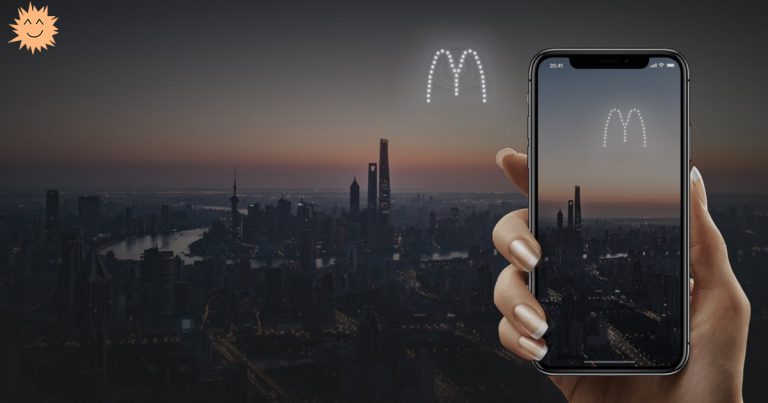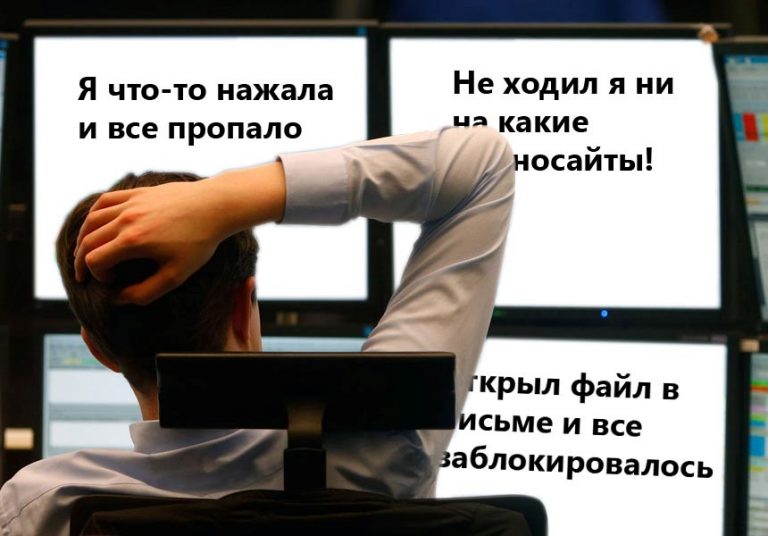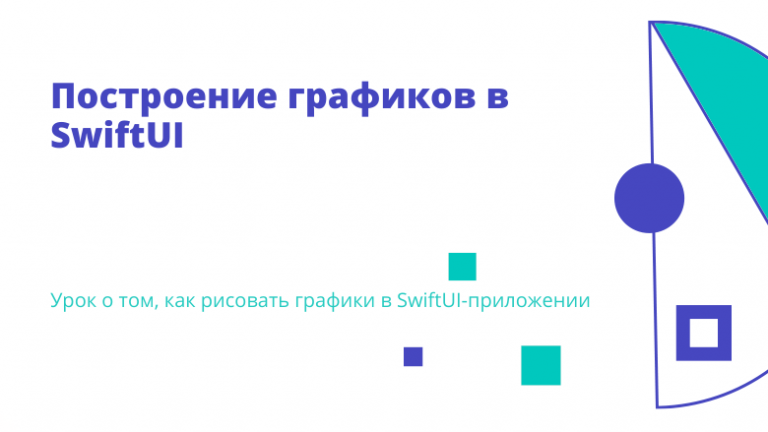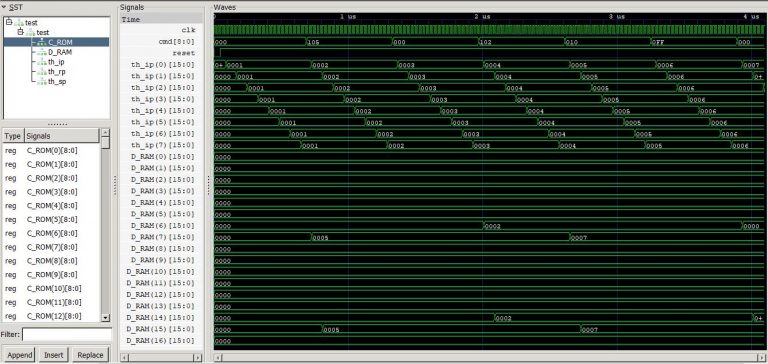[Личный опыт] Is there life in South Africa and is it worth moving there for an engineer
Seriously South Africa? Maybe Zimbabwe or Honolulu right away? But by the way, South Africa is a country with tech startups, an almost Mediterranean climate and the richest ethnic composition. Our hero Ilya Shikhov opened a startup in South Africa and spends 3 months a year in the country with his wife and two children. He will tell you how life is in Africa, how things are with education and medicine, what attracts European retirees to the country and what an IT specialist can do here in general.
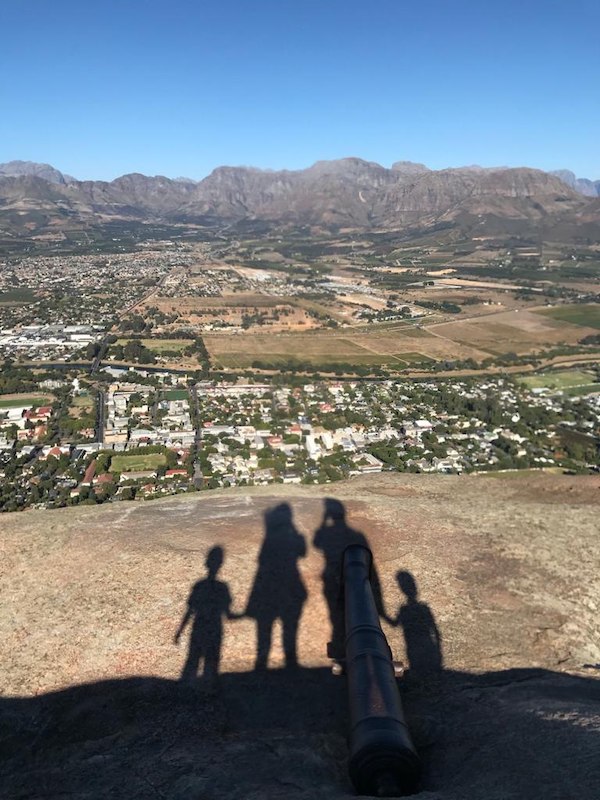
How I got carried to South Africa, specifically to Cape Town
In 2010, I decided to restore my English: I knew it well at school, and dropped out of classes at the institute. At one point, I began to study with a native speaker from Johannesburg and South Africa – a black guy, an accountant by the main profession.
I am a former 1C developer, and I have my own Rice company in Russia. We are engaged in the automation of finance and reporting in large Russian holdings. Therefore, the topic of accounting, including in another country, interested me. So this guy and I got into a conversation – we discussed the accounting software market and how the software and automation services market generally works in South Africa.
As a result, it seemed to me that the market in the country is quite free, and in terms of technology it lags a little behind Russia. That is, I can apply my best practices from Russian business there – make money and gain profit without introducing serious and risky innovations. And I decided to try to go there and launch a startup with 1C.
I did not immediately plan to move somewhere for permanent residence, but it was interesting for me to try to live in another country and open a business there. In addition, I wanted to be able to quickly change the climate and environment – to go to a place where it is warm and you can go in for active sports.
The time zone has also become one of the advantages of South Africa. It is almost the same as in Moscow, the difference is only an hour. That is, even after leaving Russia, I could keep my finger on the pulse of my business. Of course, a professional manager remained in my place, but I still had to be in touch during working hours.
In South Africa, everything did not work out right away. At first we tried to sell cloud-based accounting, but it turned out that the market was already occupied. As a result, we began to look for narrower niches, and found several – for example, we developed accounting for schools and a mobile application for parents integrated with the school. In general, the direction remains the same – accounting automation using 1C. If you are suddenly interested to see what we are doing – take a look at first and second website of our startup.
Now my family and I live in two countries. We spend the Russian summer with our grandparents, migrating across the country from Crimea to Izhevsk – our parents and my wife want to see their children and grandchildren, and we don’t mind. From September to January we spend time in Moscow, we try to celebrate the New Year here. Then we leave for Cape Town for three months: at this time it is summer there, there is no rain and a very pleasant climate.
I’ll finish the story about me here: now let’s talk a little about life in South Africa in general.
How does South Africa deal with the IT industry: what can engineers from abroad catch here?
Probably, no one associates Africa with IT. But South Africa on this continent is an exception. Here, about 20% of the European and Asian population, have recently been very actively developing all aspects of life: from agriculture and medicine to IT. Entrepreneurs also love this country: many Americans and Europeans open startups here to work from South Africa for the whole world. South Africa is chosen for three reasons:
- Quite a high level of education. Quite good schools and local universities, plus many leave to study abroad, and then return here to work. That is, it is easy to find local engineers on the staff, and of a good level. At the same time, salaries are low – lower than American and European ones, approximately at the level of Russian ones.
- Total knowledge of English. English in South Africa is the main language. In large cities, everyone speaks it fluently, and with an almost British accent – very clearly, understandably and competently. Of course, in some remote villages with a worse language, but startups do not open there – they are mainly concentrated in Johannesburg and Cape Town. It turns out that a local startup is very easy to scale to the whole world.
- Low associated costs. Here you can rent an office cheaply, and salaries for non-engineers will be much lower than in most other countries. Cleaners, secretaries and sales managers can be hired inexpensively – and everyone will have good English.
As a result, often even the guys from Silicon Valley open branches here or are looking for interesting startups, so that they can then be replicated all over the world. Of course, there are no offices of companies like Google, but interesting vacancies are found.
On the other hand, salaries and living standards in South Africa are not that much better than in Russia. And it is unlikely that a developer should move to Africa, precisely to work in a local company. But opening a business, working remotely from here or coming for a long vacation is very cool – I’ll tell you why later.
Pros of South Africa: why it’s cool here to relax and live with your family
I have been to different countries, but I fell in love with Cape Town with all my heart – and here’s why:
Almost Mediterranean climate. South Africa is in the southern hemisphere, so summer is here from December to February. That is, you can come from our winter and get into the warmest season. But if you live by the sea, it is never hot here – the breeze cools the body pleasantly. In winter, from June to August, it is also not so bad – it rains, but not torrential, but rather drizzle, the temperature does not drop below +7 ° C. In the off-season it is almost like summer.
A paradise for outdoor enthusiasts. The ocean is close by: you can go windsurfing, kitesurfing and a lot of other things with and without surfing. I know that diving here is also cool, although I haven’t tried it myself. Plus, there are a lot of mountains around – you can go mountaineering or rock climbing, or just walk on trekking routes. For example, every Wednesday I try to climb Linos Head – this is a 670-meter-high rock with a gorgeous view of Cape Town.

There are many more classic activities. For example, cycle paths and tennis courts are everywhere. In general, even if you have not played sports before, South Africa will not give you a chance not to start doing at least something.
Friendly local people. There is such a mixture of races and nationalities that there is no negative attitude towards foreigners at all. It doesn’t matter if you are local, from the USA, from Russia – they will communicate with you in the same way. But the same is expected of you.
Plus, the locals are generally very friendly – they even greet strangers, they are always happy to help. Making friends is easy: you can easily chat with neighbors, and strangers can calmly invite you to barbecue. To be honest, before going to Russia, I always prepare myself mentally – it’s hard to readjust to our mentality.
Relaxed atmosphere. In South Africa, they are good at keeping life and work balance. Everyone here is relaxed, no one is overworking, people really know how to relax. They usually start work at 8 in the morning, and finish at 16 – and then they rest and call the neighbors for a barbecue.
It is also popular here to go to wine farms for recreation, and we ourselves often do this. Half an hour by car – and my wife and I lie on the shore of the pond, children play on the playground, nature is around and birds are singing. You can order a picnic with cheeses and delicious meats, take a walk – it turns out to be very cool relaxation.
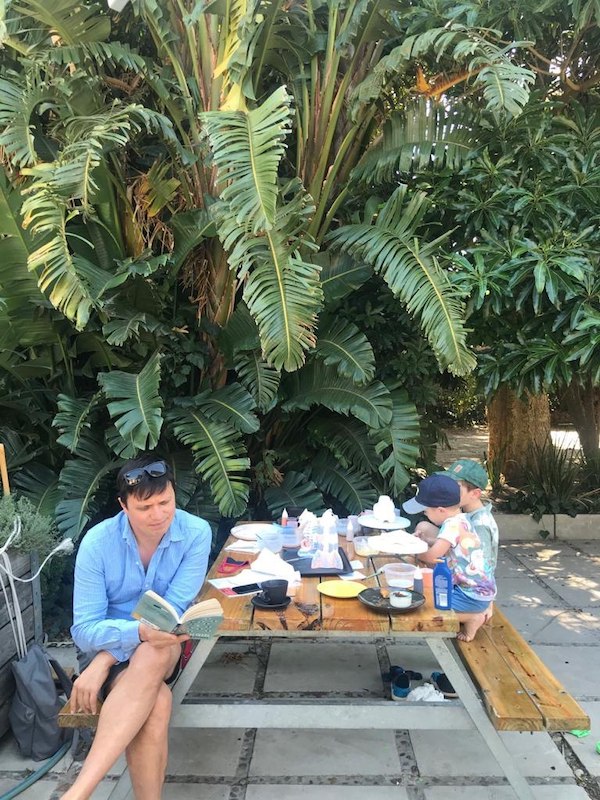
Inexpensive food. There are a lot of fruits here – you can eat some mangoes and papayas every day, which are not always found in Russia. Groceries in supermarkets are also quite cheap. You can also eat very cheaply in cafes and restaurants. True, the reason for the low prices is sad – illiterate refugees from neighboring countries are hired by employees here, they are paid little, so the extra charges for meals are small.
Low crime rate. It is technically tall, but most crimes are committed between poor, uneducated blacks who come from villages and other countries. In areas where educated locals with a normal income level or tourists live, everything is usually good and calm. Of course, this is not Europe, but living here is definitely no worse than in Russia. Or maybe even a little quieter.
Excellent children’s education. Almost all kindergartens and schools in South Africa are paid, but the prices are not so terrible. For example, now both of my children go to kindergarten – for both I pay 25,000 rubles. The eldest is already 7, I will enroll him in a local school – it will cost 30,000 rubles per month for one child. Yes, in Russia there are also cheaper ones, but you need to consider two things:
- All training is in English. My children are already bilingual, and a good English kindergarten or school in Russia would cost much more.
- They try to make learning interesting. Children here make visual and practical projects – for example, build a model of the lungs from bags and tubes. Or they bake themselves pizza for lunch. My guys are always delighted with all this.
You don’t need a visa to enter and live. A Russian can live in South Africa 90 days a year. When I first opened a company, I made myself a work visa, and my family came as my relatives. Now I have stopped doing it – 90 days are enough for us.
By the way, when our child goes to school here, he can get a student visa. And then get us visas as his relatives – then we can live here at least the whole year.
Cons of South Africa: why we didn’t move here for permanent residence
In general, we did not have a goal to go somewhere for permanent residence – we like to visit different places, see our family and remain Russian, not South Africans. We perceive three months in South Africa more as a long vacation. But since we live here for a long time, we notice some disadvantages that are not visible to tourists. I want to tell you about them:
Lack of cultural entertainment. There are no exhibitions or concerts, it is not customary to go to cinemas, and in general there is no place to go on Friday nights and on weekends. In fact, even large cities are like a big village. Therefore, I think that singles and young people will be bored here. And my family and I like it – we like to relax and play sports. And many European retirees are also delighted – they sell real estate in Europe, buy a guesthouse here – and spend their retirement this way, live in the house themselves and rent out rooms to tourists. Quite a popular practice.
Isolation from the world. When you live in South Africa, everything somehow passes by. It is difficult to follow what is happening there in Russia and in Europe, it seems that all this is very far away and does not concern you at all. I think if you live permanently, you can “get lost.” Although for some it is rather a plus.
Bad transportation system. The population density here is low, many live in houses and at a distance from each other. Therefore, there is almost no public transport, taxis are not cheap, and without a car there is absolutely nothing to do here – at least in Cape Town. At the same time, it cannot be said that you have to travel far, but I just do not really like driving. We have to keep the car, even though we drive it only 3 months a year. It’s not very expensive, but I miss the convenient Russian transport.
Insufficient systemic education. Yes, children are interested in studying here. But systemic knowledge in mathematics or natural sciences gives much worse than in Russia. Therefore, we decided that our oldest child, who just turned 7, will study in two schools – both in South Africa and at home, periodically studying remotely. To collect the pluses of the two educational systems.
How much does it cost to live in South Africa
I will say right away – we come to South Africa rather on vacation. Therefore, we do not keep track of expenses and spend quite a lot.
Renting a house costs us

This is the kind of courtyard a rented house can have.
Away from the sea and tourist areas, housing is cheaper. You can find an apartment for 40 thousand.
I do not count the expenses for the products. We eat a lot in restaurants, we constantly buy fruits – we have a rest to the fullest. But if you look at the prices, they are not much higher here than in Russia.
According to my feelings, if you do not deliberately chic, then life here is about as in St. Petersburg. That is, if you work somewhere in Russia remotely, in South Africa with such a level of income it will be quite comfortable.
Have you thought of making a jump to live in South Africa or just somewhere where it is warm? In our telegram bot @g_jobbot thousands of vacancies are awaiting, including remote ones. You can get a job, and then work even from Africa.

